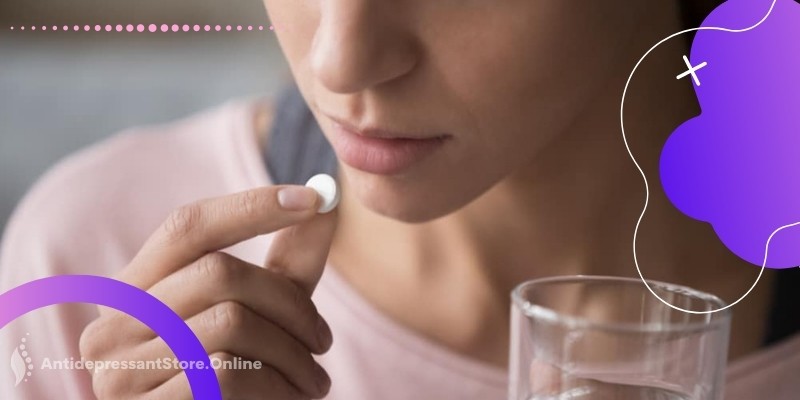The topic of treating depression is often surrounded by myths and prejudices.
Despite the mass of arguments presented, the stigma surrounding everything related to antidepressants is simply amazing.
The belief that antidepressants are addictive is misleading and harmful to those who need professional help
Much of this belief stems from the fact that antidepressants are a prescription drug. Often, an image of compulsory observation and treatment by a psychiatrist on an outpatient basis is drawn in the head.
What matters is not how you buy medicines, it is important how they affect our bodies and brains.
Let’s deal with everything in order.
Next, we’ll explain a little more about how the brain works, why there is a connection between neural activity and mental disorders, and how antidepressants help address various issues.
How the brain works
The communication between our neurons goes via neurotransmitters. These neurotransmitters act as ferries or bridges that carry signals from one neuron to another.
For people with depression or other mental health problems, such communication may be broken. The information sent does not reach the right nerve cells.
This explains:
- Psychological symptoms include difficulty concentrating, lack of interest in some previously enjoyable activities, and low mood.
- Physical symptoms include changes in appetite, fatigue and weakness.
The role of antidepressants in mental health
The role of antidepressants is to restore communication between nerve cells. They prevent the breakdown or seizure of neurotransmitters by nerve endings. Due to this, the level of neurotransmitters increases.
Different types of antidepressants affect the chemical bonds in the brain in different ways. The main thing is that in humans, the interaction between nerve cells gradually restores.
The goal of antidepressant treatment is not to make the patient dependent on the drug, but quite the opposite. They help restore natural neural connections through medication.
Every person needs the right treatment
It’s no secret that antidepressants can be used for years. This is also the reason why there is a myth that they are addictive.
It must be understood that the response to treatment differs from person to person. Just as those who seek psychotherapy do not report the same problems, each person responds differently to different medications.
Consequently, the timing of the onset of the antidepressant response may vary depending on each situation.
Irreparable damage of depression
Any mental disorder can have many devastating consequences. Antidepressants are non-addictive and provide significant help for patients who want to live better.
The consequences of neglected depression can be very serious. There is no better help than the help of a mental health professional: psychologist or psychiatrist.

